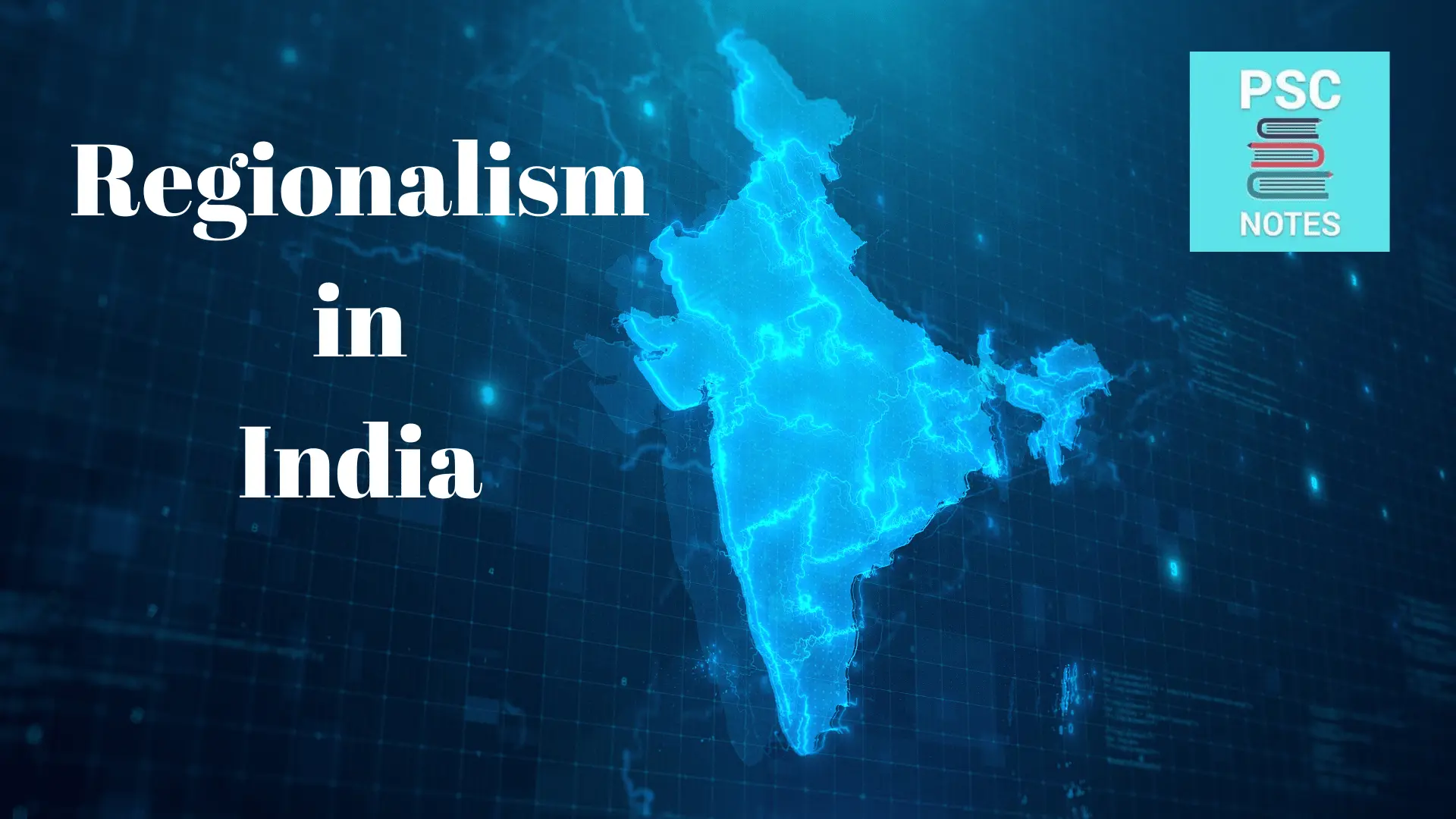Sovereignty Of Parliament
The Sovereignty of Parliament: A Cornerstone of the British Constitution The concept of parliamentary sovereignty, a cornerstone of the British constitution, is a complex and often debated topic. It refers to the supreme authority of Parliament, meaning that it can make or unmake any law it chooses, and no other body can challenge or overturn … Read more
